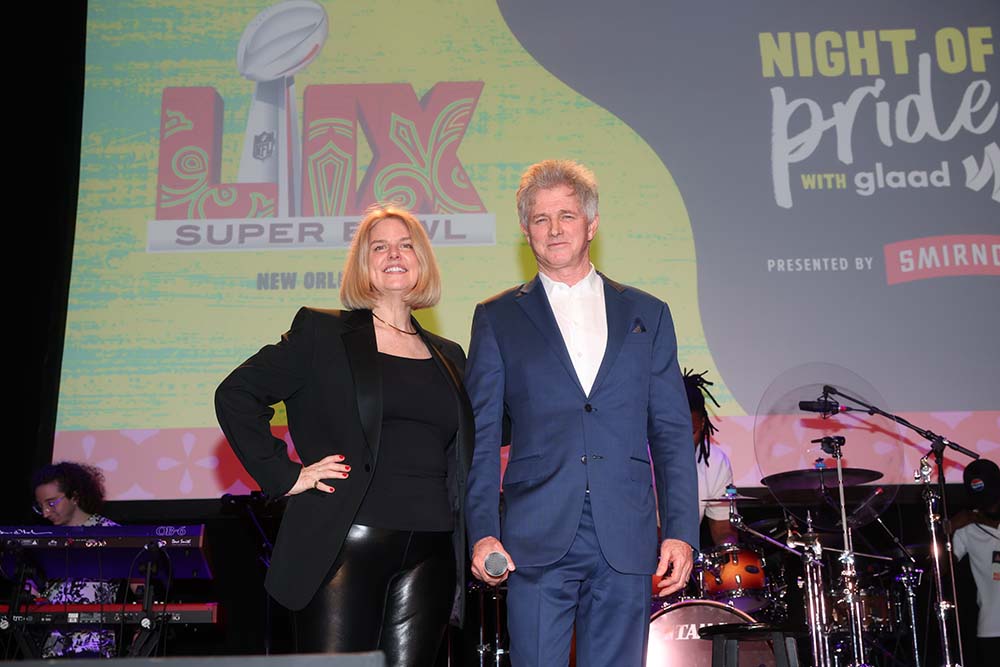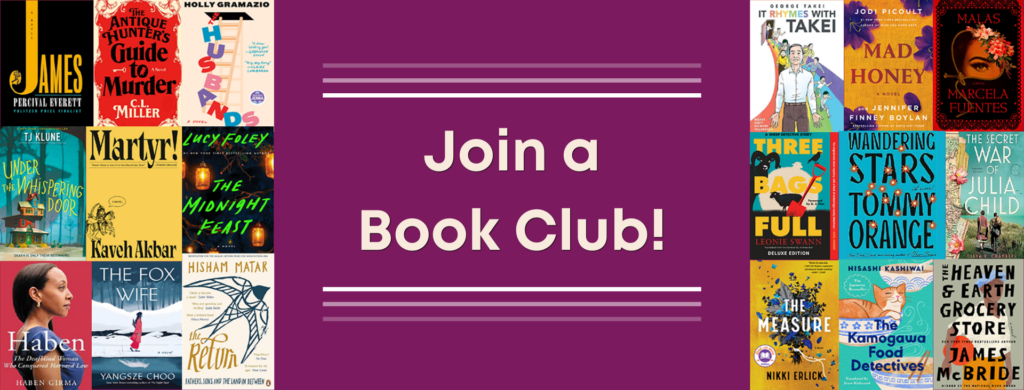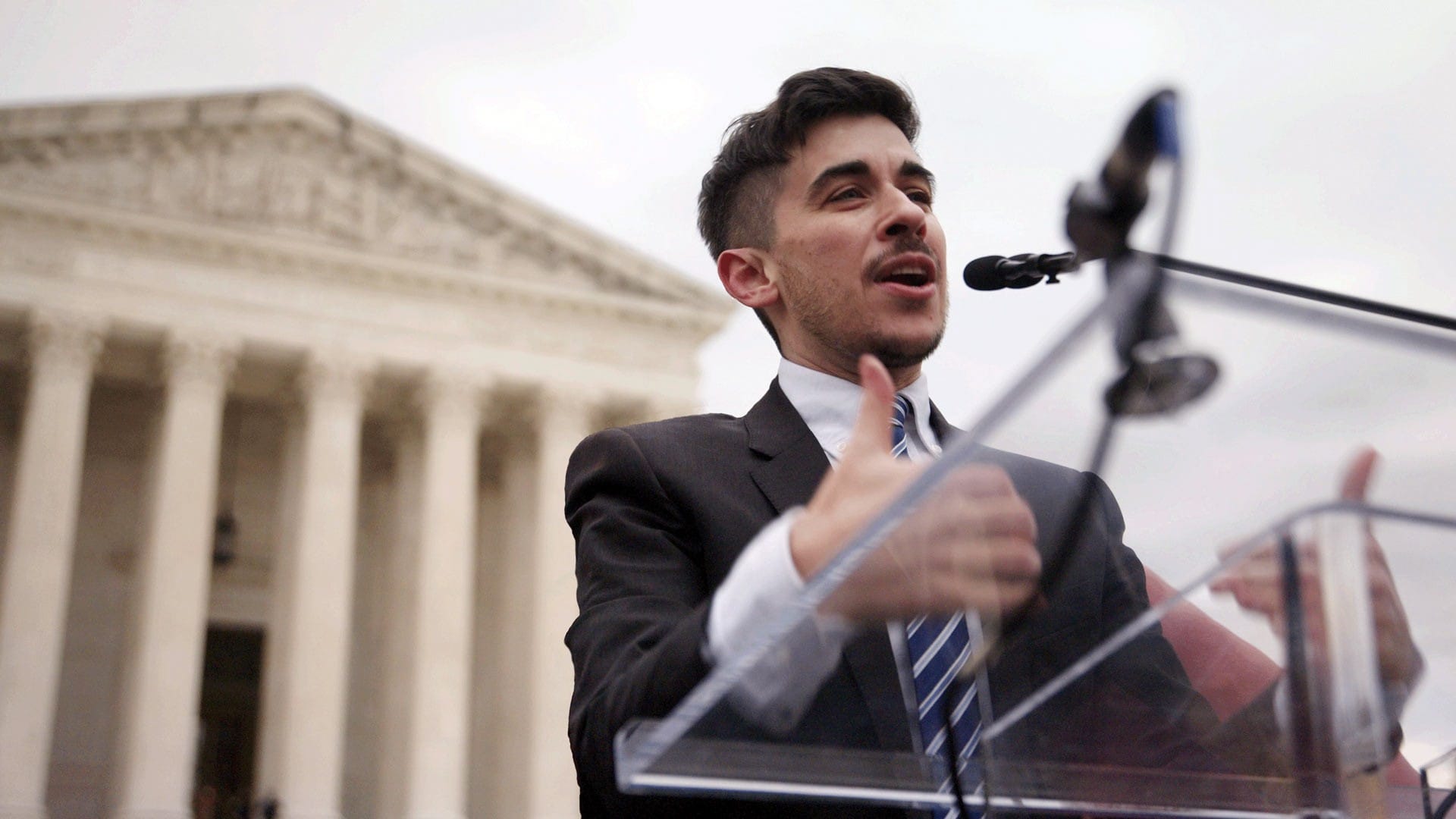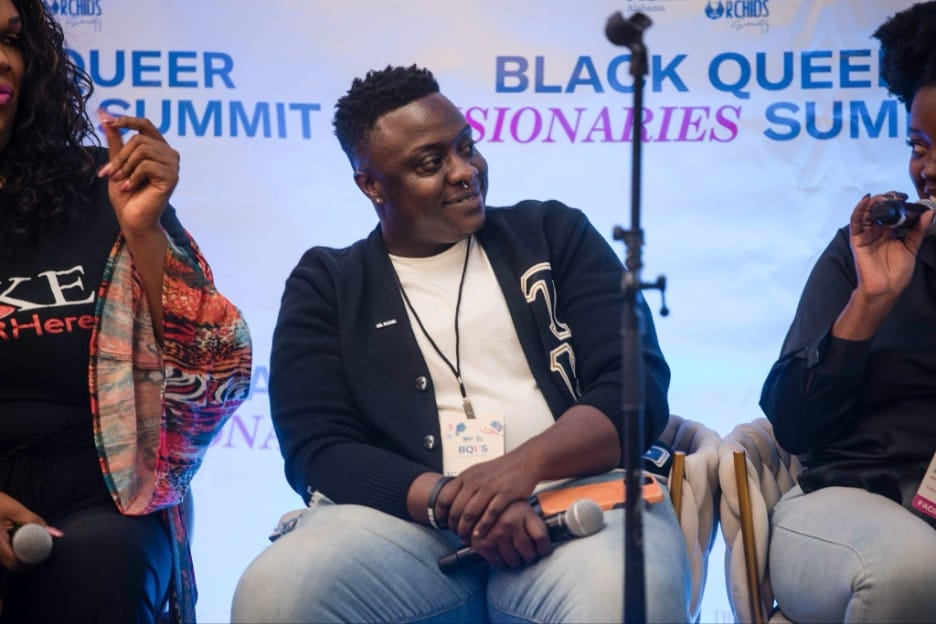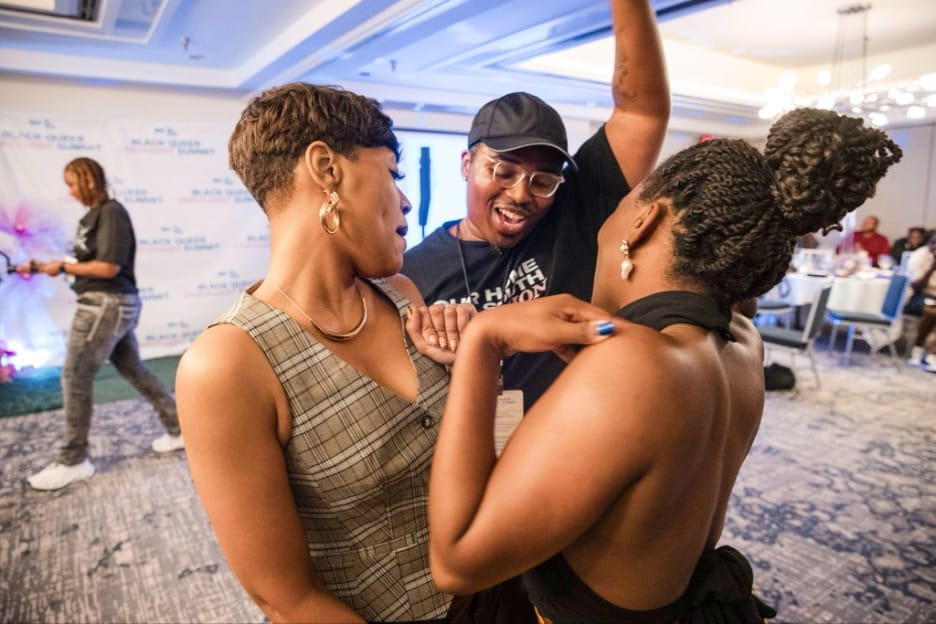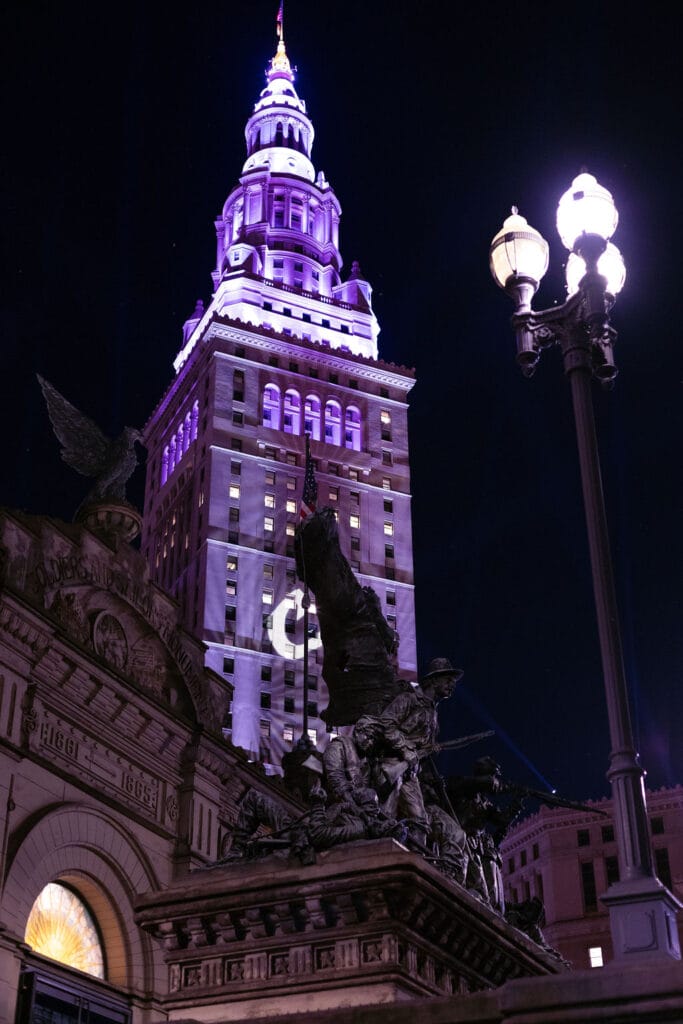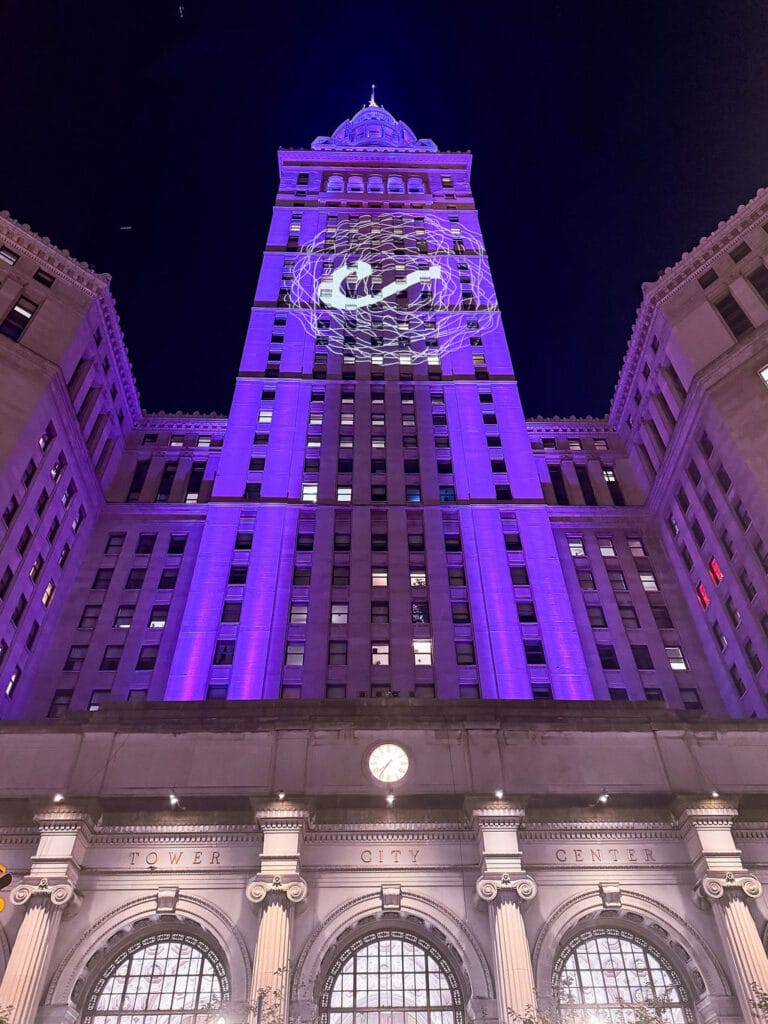Taking the Fight to the Statehouses in 2026: Overview of LGBTQ-Related Bills and Current Activations
State legislative session has begun in many parts of the U.S. this month, offering opportunities for state- and local-based activations for LGBTQ people, their families, and their allies.
State legislative attacks on LGBTQ people have dramatically increased in recent years, but according to the Movement Advancement Project, advocates have consistently defeated an average of 92% of proposed anti-LGBTQ bills every year over the past 15 years.
Kansas
Early action at statehouses include passage of a disturbing bill in Kansas that ultimately seeks to strip personal liberties from transgender people, banning them from accessing restrooms that match who they are in government buildings and making it impossible for them to access accurate documents. Lawmakers forced the bill to passage by suspending legislative rules and prohibiting participation from the public.
“Bills like this are exactly why everyday Americans are fed up with lawmakers who prioritize targeting innocent people instead of solving actual problems, and then have the gall to try to hide their actions,” said Sarah Kate Ellis, GLAAD’s President and CEO, in response to the news. “Transgender people, like all of us, deserve the dignity to be themselves and to be safe to go about their daily lives without harassment. Every taxpayer and family should let their elected leaders know that their voices matter too and they must be allowed to review and comment on any government action that strips people’s rights and humanity. Everyday people are barely able to make ends meet, pay the rent, or afford groceries and health care. Elected officials should start listening to the people and stop playing dangerous games with people’s lives.”
Kansas Governor Laura Kelly, a Democrat, has consistently vetoed a number of anti-transgender bills previously passed in the legislature. Although anti-equality lawmakers hold a supermajority that can override an executive veto, ACLU of Kansas and local advocates urge constituents to continue contacting their lawmakers and speaking out about the bill’s harm. Kansans can easily do so by visiting ksleglookup.org.
Florida
Equality Florida hosted its Let Us Live March at the Florida statehouse in Tallahassee this past Weds., Jan. 28, as part of its Pride at the Capitol series in which lobbyists and volunteers show a strong presence at the Capitol every day throughout the 60-day legislative session currently taking place. Hundreds of Floridians have already participated and shown up to make their voices heard. Marchers chanted “This is what democracy looks like” as they showcased a strong presence in front of the statehouse just yesterday. In addition, Equality Florida recently announced its incoming executive director, Stratton Pollitzer, who is stepping into the role after co-founding the organization nearly 30 years ago and most recently serving as Deputy Director.
“Speaking out at the hearings in opposition or in support of bills really changes how people see things. But more importantly, I learned that my story is the most important aspect of that. And I can’t tell my story if I’m not here,” said Angelique Godwin, Director of Transgender Equality at Equality Florida, in a video highlighting the need to get involved.
In 2025, Floridians stopped every single anti-LGBTQ bill filed by bringing out hundreds of volunteers in-person at the statehouse and thousands more participating by phone and letter-writing to their legislators.
This year, Equality Florida has already mobilized volunteers and families to oppose HB 743/ SB 1010, extreme legislation that would permit the Attorney General sweeping authority to investigate and sue school staff and health care providers under vague and undefined standards, intensifying Florida’s attacks on transgender youth and LGBTQ communities and aiming to intimidate and punish public servants who support them. The bill faces ongoing consideration at the committee levels in the House and Senate. Equality Florida is also urging residents to speak out against HB 1471/ SB 1632, the “Outlawing Activism Bill,” an extreme escalation of state terror against those who disagree with the government. That bill is also currently up for consideration at the committee level.
With the same relentless advocacy as last year, Equality Florida and its supporters will again defeat the legislature’s proposed anti-LGBTQ bills in 2026. Click here to sign up for shifts!
Missouri
Missouri has kicked off their legislative session as well, with anti-LGBTQ lawmakers introducing a number of hostile bills — not unusual for the state, but again highlighting a need for early organizing and coalition-building.
So far, the House has already heard seven anti-trans bills. PROMO, the lead equality advocacy group in the state, is urging Missouri residents to submit online testimony opposing HB 1998. This bill forces state agencies to revoke funding for diversity, equity, and inclusion (DEI) initiatives, building off a dangerous executive order passed by the Governor last year.
Voters in the state will additionally face a ballot measure in November concerning both health care for transgender people, and reproductive freedom for women and girls. PROMO recently announced it will be celebrating its 40th anniversary later this year – an opportunity to celebrate the long term organizing that advocates have built from the ground up and to enjoy company among like-minded residents.
State-Level Anti-LGBTQ Bills Introduced Elsewhere in 2026
The ACLU is tracking a comprehensive list of anti-LGBTQ bills on its 2026 tracker here: https://www.aclu.org/legislative-attacks-on-lgbtq-rights-2026
For more information on when individual states begin and end their legislative sessions, check the National Conference of State Legislatures (NCSL) website: https://www.ncsl.org/about-state-legislatures/2026-state-legislative-session-calendar.
The overwhelming majority of anti-LGBTQ bills get defeated every year. That’s because of persistence and action. When people get to know the LGBTQ community and hear our stories, we are able to change hearts and minds and build understanding about our community that dispels the dangerous myths and misconceptions that drive anti-LGBTQ bills.
Make sure to follow GLAAD on all our social channels to stay informed about local action alerts and ways to get involved in your community!

